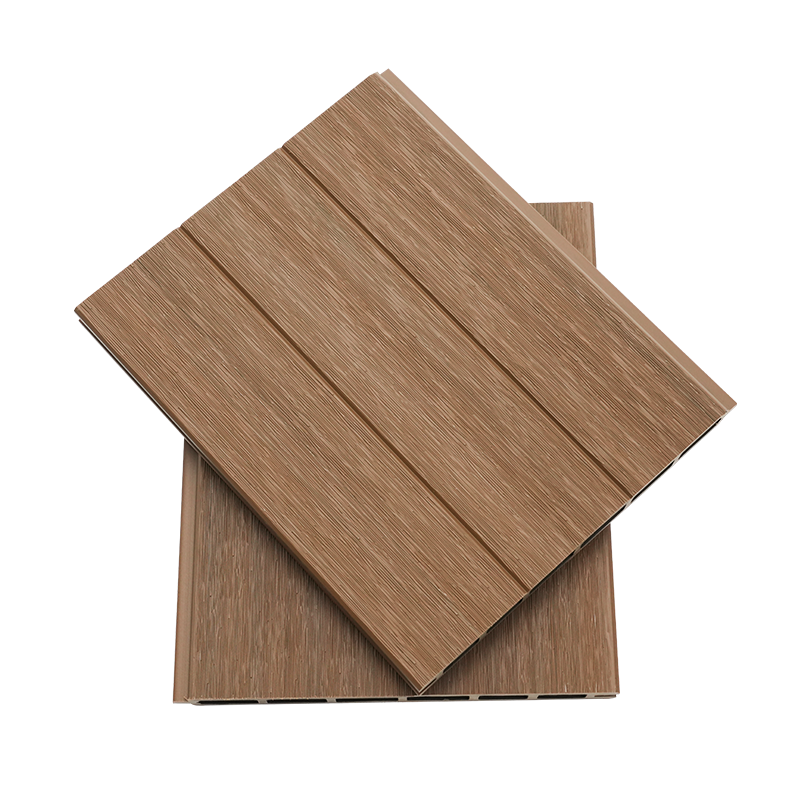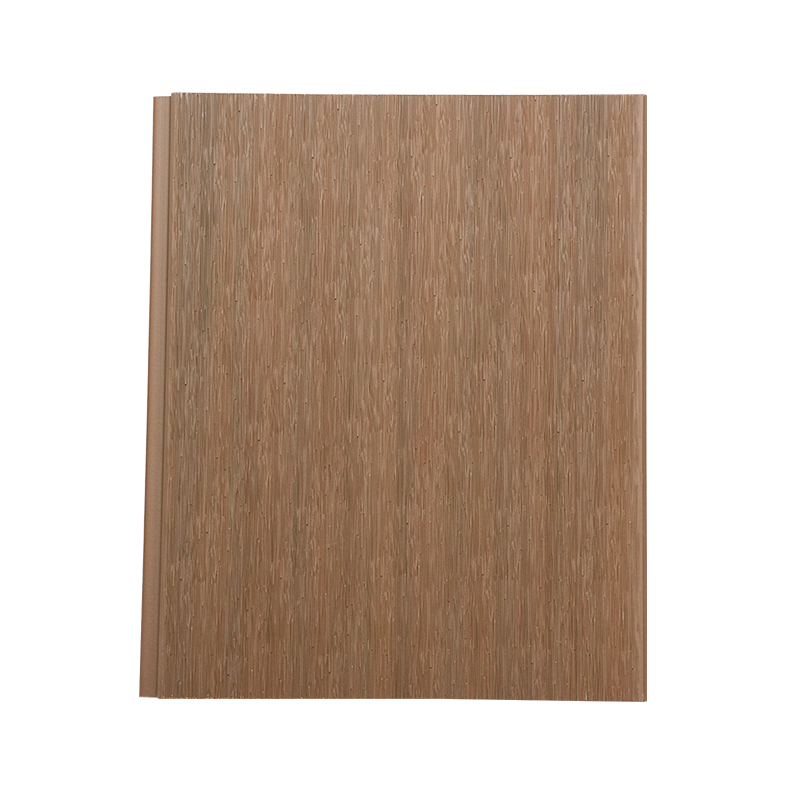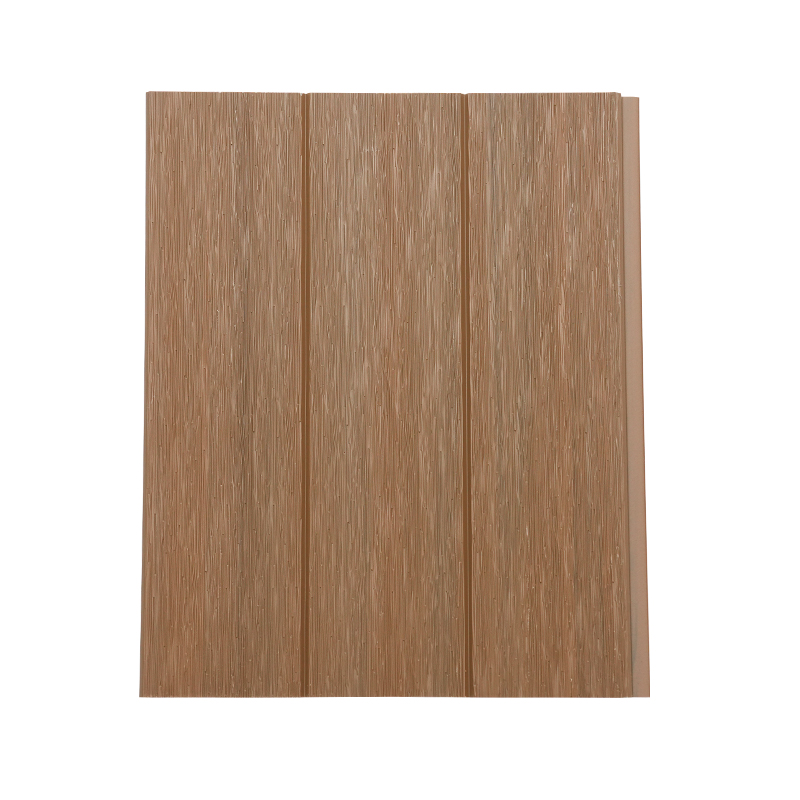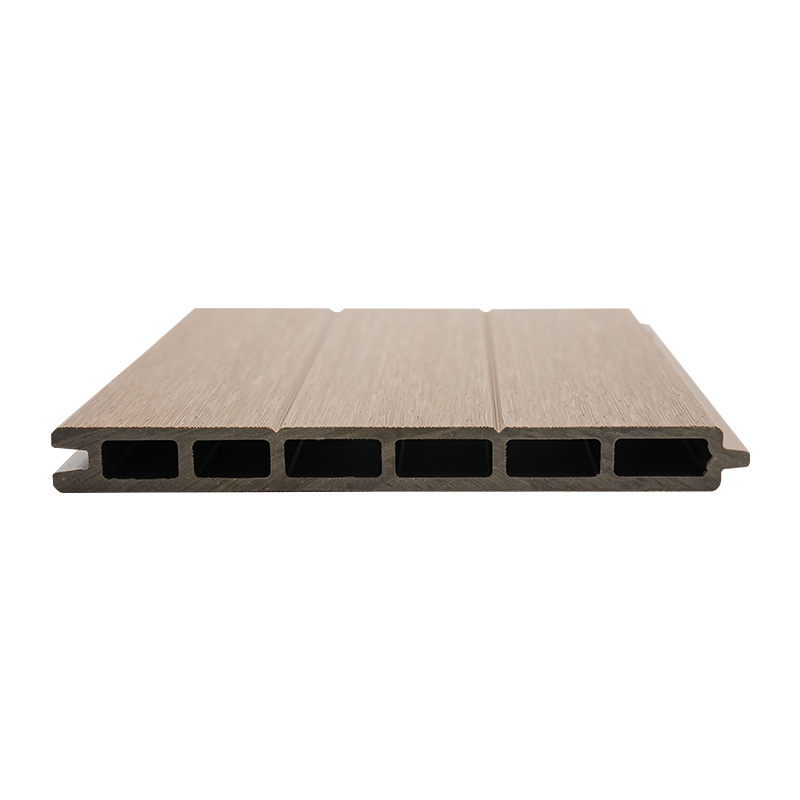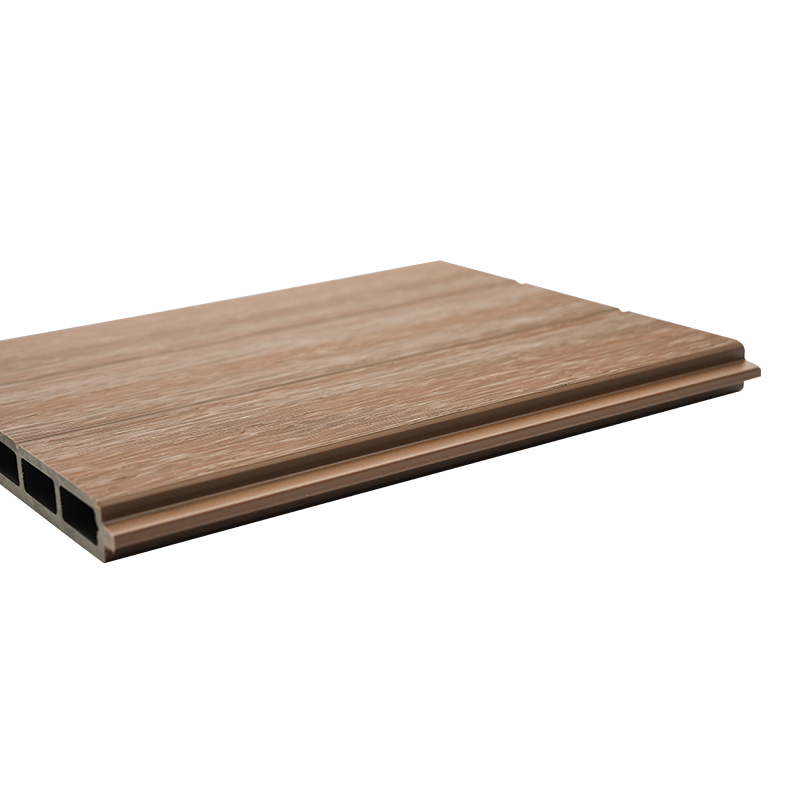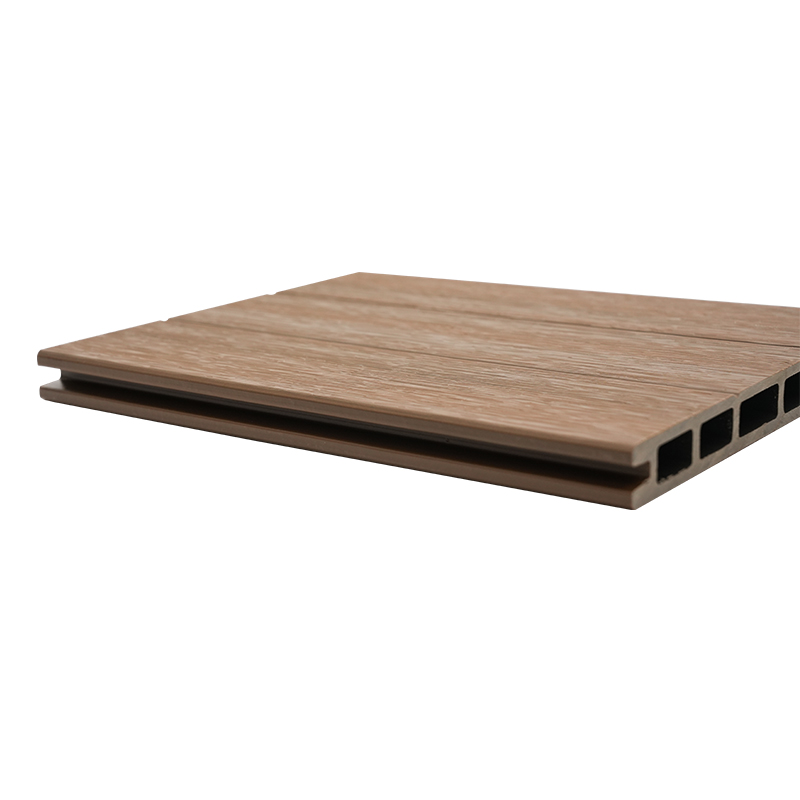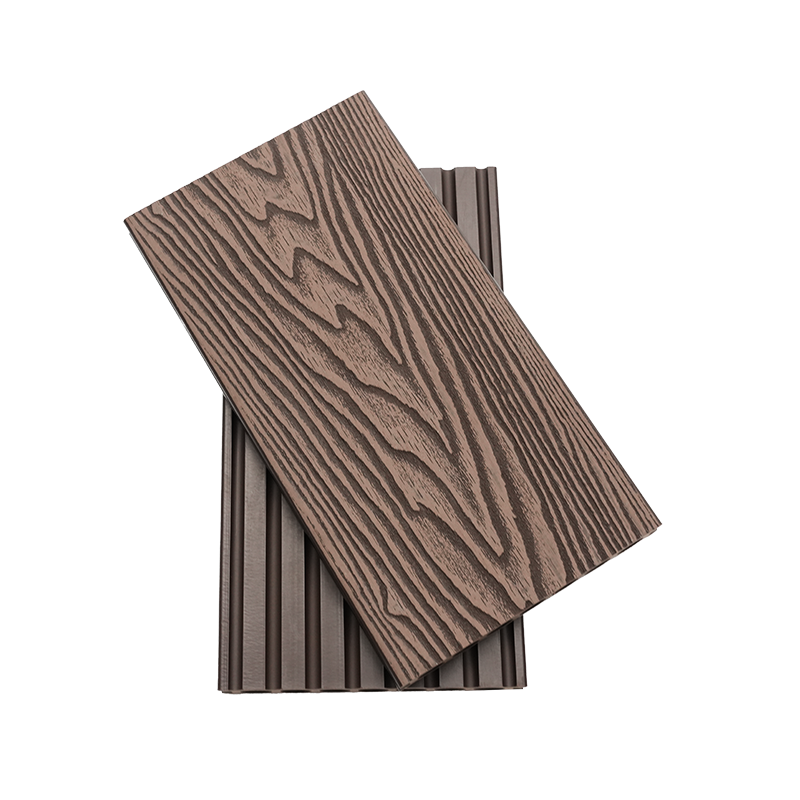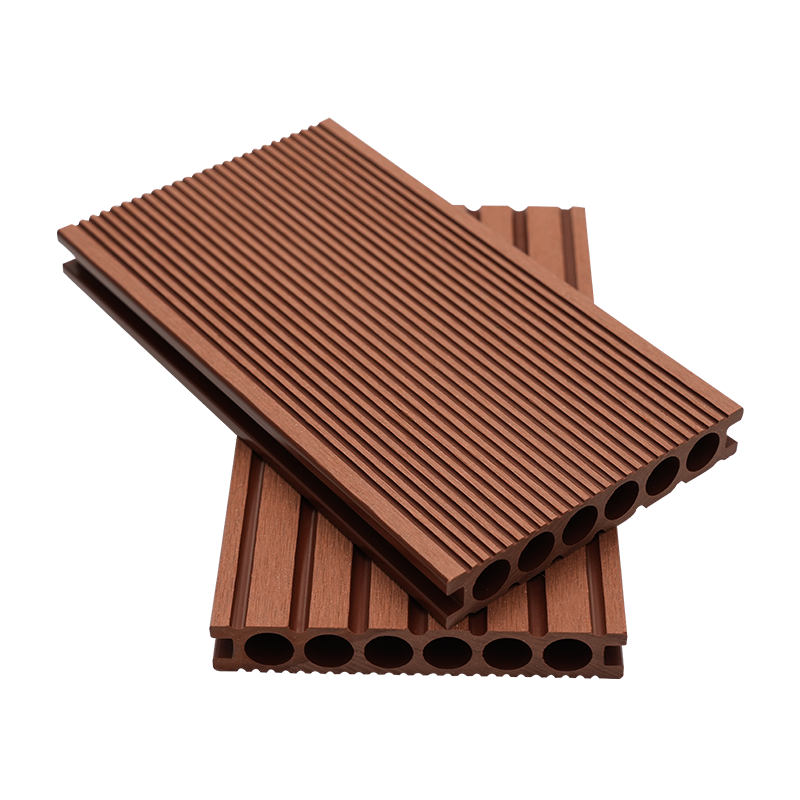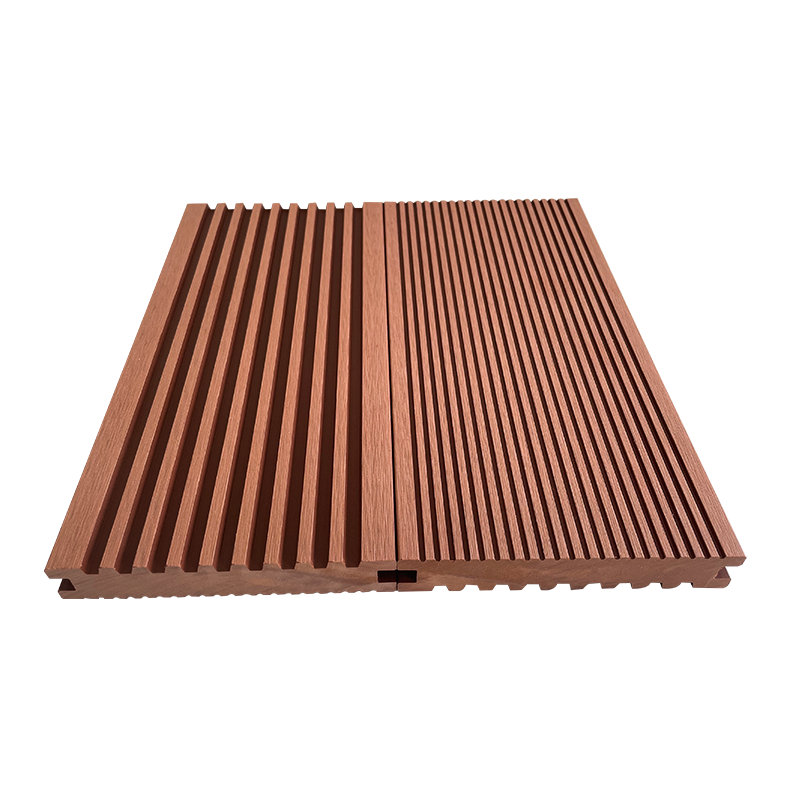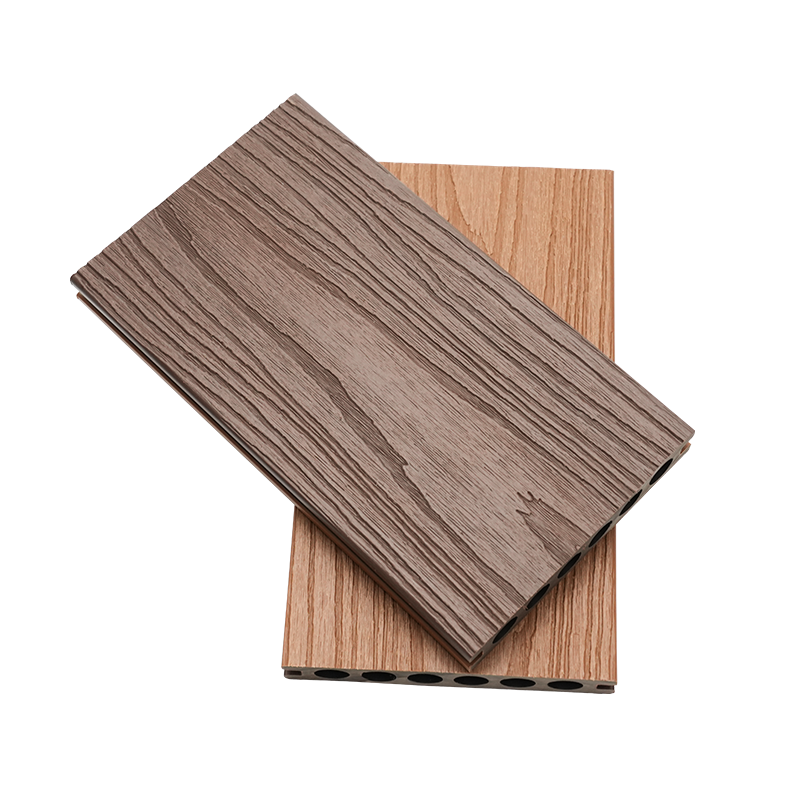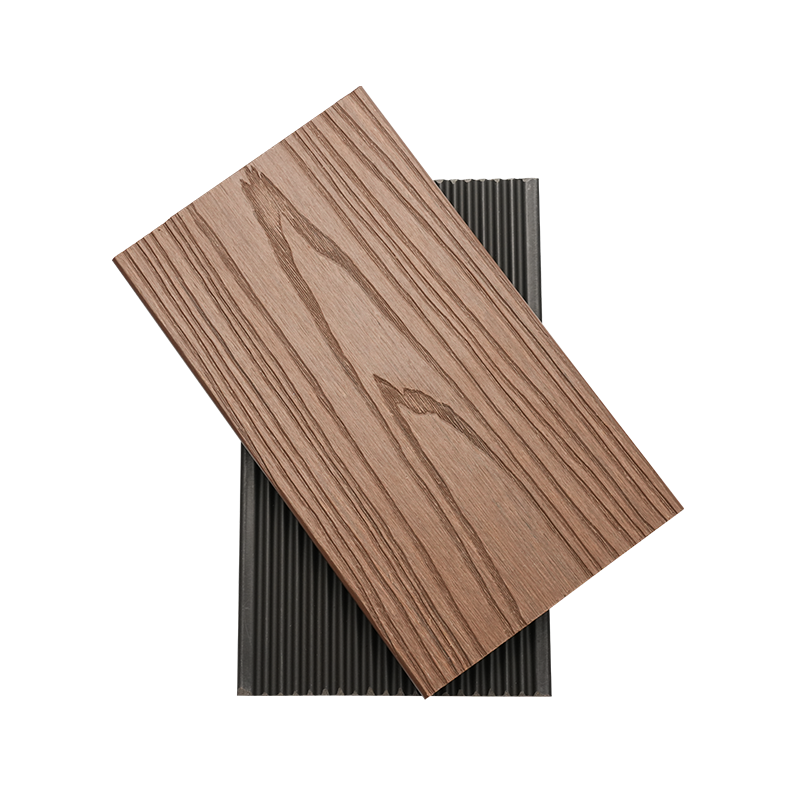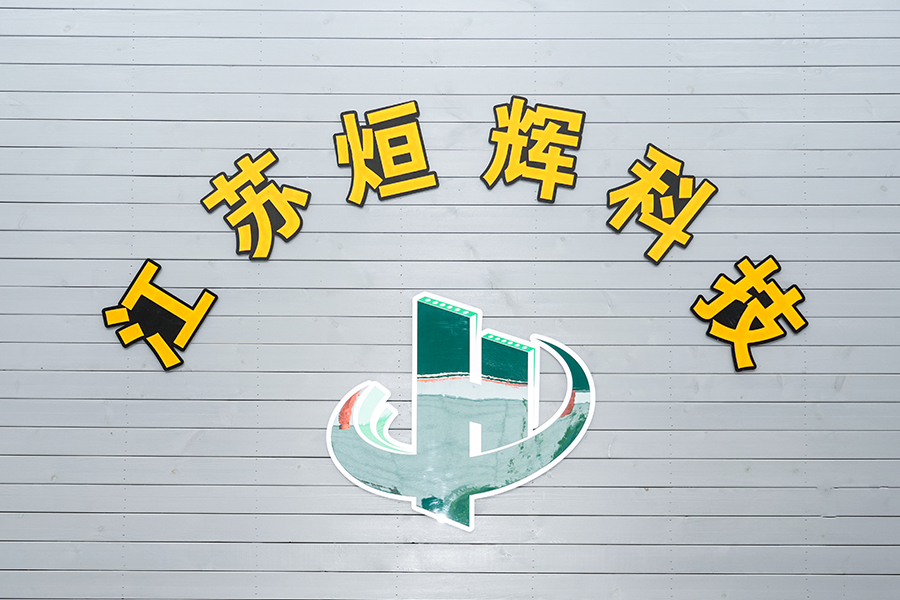Why Is the Full-Privacy WPC Fence Panel Becoming the Future Standard in Sustainable Outdoor Solutions?
Defining the Concept
A Full-Privacy WPC Fence Panel is a next-generation fencing system that provides complete seclusion, strength, and eco-friendly performance. Built from a blend of recycled wood fibers and thermoplastic polymers, this innovation integrates the natural look of timber with the resilience of engineered materials. Unlike conventional wood fencing that requires frequent treatment, or plastic-only fences that lack visual warmth, this composite option delivers the best of both worlds.
The “full-privacy” structure ensures there are no gaps, creating a solid visual shield. This makes it particularly valuable in residential gardens, urban communities, commercial landscapes, and public facilities where security and peace of mind are essential.
Material Science at Work
The technology behind wood-plastic composites is rooted in precision engineering. Typically composed of 50–70% natural fibers, combined with polymers and stabilizing additives, the panels achieve a balanced performance profile:
- Durability: Resistant to cracking, rotting, and insect attacks.
- Moisture Stability: Minimal water absorption prevents swelling or warping.
- Eco-Responsibility: Often produced with reclaimed plastics and wood waste, reducing environmental burden.
This scientific foundation ensures a long service life, making composite privacy fencing an ideal alternative to traditional timber.
The Growing Need for Privacy
In modern architecture and landscaping, privacy is more than a preference—it is a necessity. With urban density on the rise and personal outdoor spaces becoming smaller, fencing solutions must offer more than just boundary marking.
Eco-friendly fence panels provide:
- Visual isolation from neighbors and passersby.
- Noise buffering, softening urban or roadside sounds.
- Aesthetic uniformity, blending seamlessly into both contemporary and classic settings.
Thus, fences are evolving into integral design elements that enhance comfort as much as security.
Sustainability Advantages
One of the strongest drivers behind composite fence panels is their environmental contribution:
- Recycled Content: Both wood fibers and plastics are often reclaimed from waste streams.
- Forest Conservation: Reduces reliance on freshly harvested timber.
- Extended Lifespan: A service life of 20 years or more reduces replacement waste.
- Non-Toxic Treatment: Unlike chemically preserved wood, WPC panels avoid harmful additives.
Increasingly, manufacturers are adopting energy-efficient production methods, aligning with global carbon reduction policies.
Adaptability Across Climates
Durability testing shows that modern WPC barriers can withstand diverse conditions:
- Hot regions: Stable against warping and UV degradation.
- Humid environments: Minimal water uptake prevents mold growth.
- Cold climates: Retains strength through freeze-thaw cycles.
This resilience makes them applicable worldwide, from tropical resorts to northern urban housing projects.
Aesthetic Versatility
Beyond performance, design flexibility is a major attraction. Composite fence systems are available in:
- Multiple finishes that replicate natural grains.
- Contemporary colors suited for urban design.
- Modular options that allow customized layouts and patterns.
Whether a homeowner seeks rustic charm or sleek minimalism, these panels can be tailored to complement different landscapes.
Market Growth and Trends
The fencing industry is undergoing a shift toward sustainable and low-maintenance solutions. Analysts project steady growth in composite privacy fencing due to:
- Expanding urbanization.
- Rising demand for eco-friendly construction.
- Long-term cost savings compared to timber maintenance.
Over the coming decade, this category is expected to gradually replace significant portions of traditional wooden fencing in both residential and commercial markets.
Industry Role and Innovation
Global manufacturers are advancing composite technology by enhancing UV protection, improving recyclability, and streamlining production efficiency. Companies such as Jiangsu Xuanhui New Material Technology Co., Ltd. are notable for their investment in research, focusing on balancing structural performance with sustainable innovation. Their work exemplifies how industrial expertise is driving the future of fencing solutions.
Conclusion
The Full-Privacy WPC Fence Panel symbolizes the convergence of sustainability, durability, and modern design. It offers homeowners and developers a solution that ensures seclusion, withstands environmental challenges, and contributes positively to ecological goals. As material science continues to evolve, this fencing system is well-positioned to become the new global standard for outdoor privacy and sustainability.


 English
English Español
Español عربى
عربى

